Designed by Egyptian architect, Islam El Mashtooly, ‘Resilient Gaza: A Landscape of Resistance’ was announced as the winner of the Ethics and Values WAFX Award in the World Architecture Festival (WAF) 2024, a festival that celebrates design and architecture projects tackling major world issues.
“I believe the people of Gaza have shown the silent world a powerful message of living with dignity and resilience. Our work is dedicated to highlighting and amplifying this truth,” El Mashtooly told Egyptian Streets.
El Mashtooly’s project, “Resilient Gaza: A Landscape of Resistance,” has been shortlisted among the world’s most innovative future architectural concepts at the 17th edition of the WAF. Competing in the “Future Project: Experimental” category, his project stands out among 33 categories that include residential, transport, and retrofit designs.
The WAF is set to take place at Marina Bay Sands in Singapore from 6 to 8 November.
Although the winners have already been announced, the event itself is still ahead. Attendees will have the opportunity to participate in a live-judged awards program and critique presentations.
This year’s festival will also feature fringe events and activities such as workshops, an exhibition, and keynote talks by an international panel of speakers.
“Our proposal envisions Gaza as a reimagined landscape rooted in its agricultural heritage, transforming this cultural foundation into a powerful form of resistance,” the designer told Egyptian Streets.
Founder of Design & More International, a boutique design studio specializing in architecture and planning, El Mashtooly, is a respected architect, urbanist, and educator, who has garnered regional and international acclaim over the past 19 years. His approach to architecture is deeply rooted in a philosophy that prioritizes harmony with the environment, aiming to create designs that enhance and support the communities they serve.
The vision for ‘Resilient Gaza’ is not just about rebuilding structures, but about reconstructing lives. The design represents a comprehensive socio-economic initiative designed to empower the people of Gaza, instilling in them a renewed sense of ownership and pride in their rich heritage.
How can Gaza use the debris and remnants of its devastated landscape to rebuild? How can the region enhance its self-sufficiency in energy, food, water, building materials, and carbon? According to the proposal shared with Egyptian Streets, these are the questions at the heart of the design, which aims to leverage local materials and sustainable practices to create a replicable blueprint for reconstruction, not just in Gaza, but in other regions confronting similar genocidal challenges.
Aligned with the core message of WAF to adopt cutting-edge innovative design solutions addressing major world issues, ranging from tackling the climate emergency to building community resilience, El Mashtooly shared, “As an architect, and more importantly as a human being, it is my responsibility to address the critical issues our community faces. Speaking about Gaza goes beyond this—it is a moral obligation.”
The relentless genocide against Palestinians has prompted the architect to confront a series of profound questions about envisioning a new landscape of peace in Gaza, a land scarred by the Israeli onslaught and war crimes. These considerations are not just about ending the violence but ensuring that justice is served. Palestine, and particularly its resilient southern enclave of Gaza, are among the world’s oldest inhabited regions, yet they have endured centuries of external control and aggression.
El Mashtooly said, “Part of the process involves the concept of collective healing: In Gaza, we endure together, and through the act of creating a landscape of resistance, we also heal together. Greening the city becomes a shared journey of recovery and resilience.”
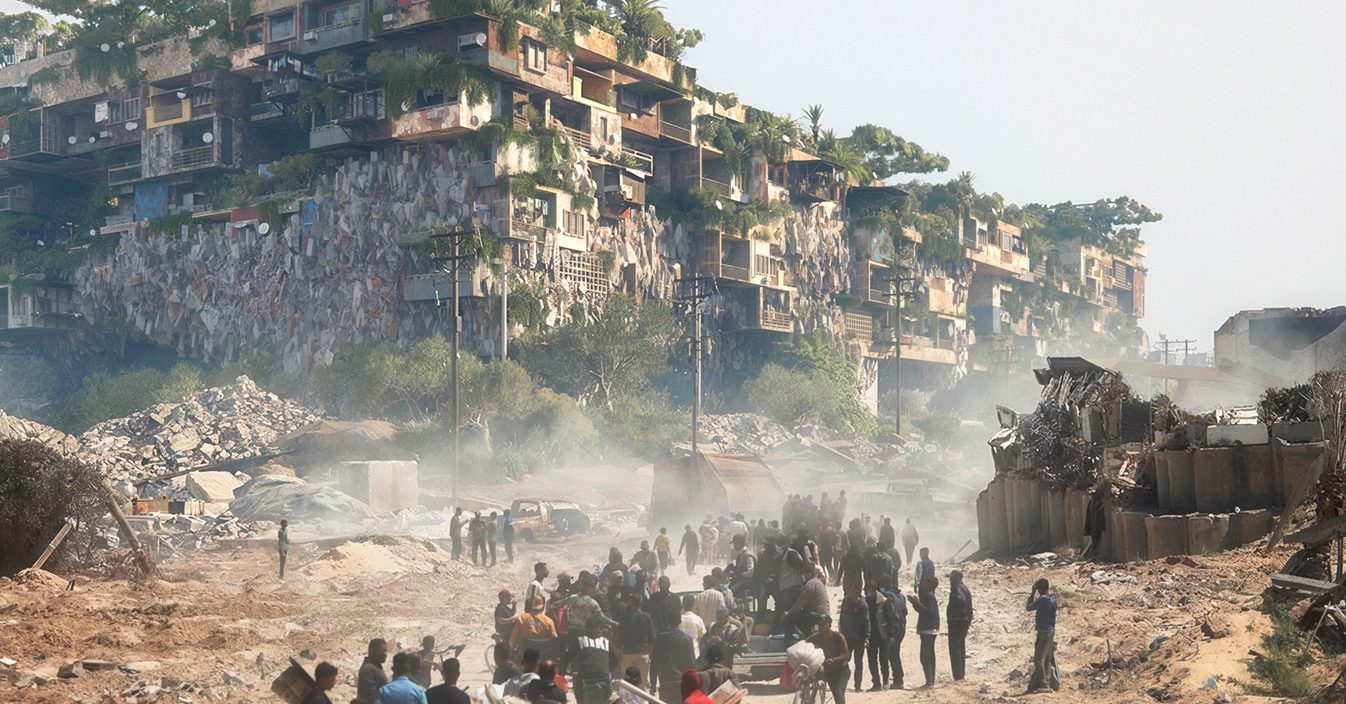
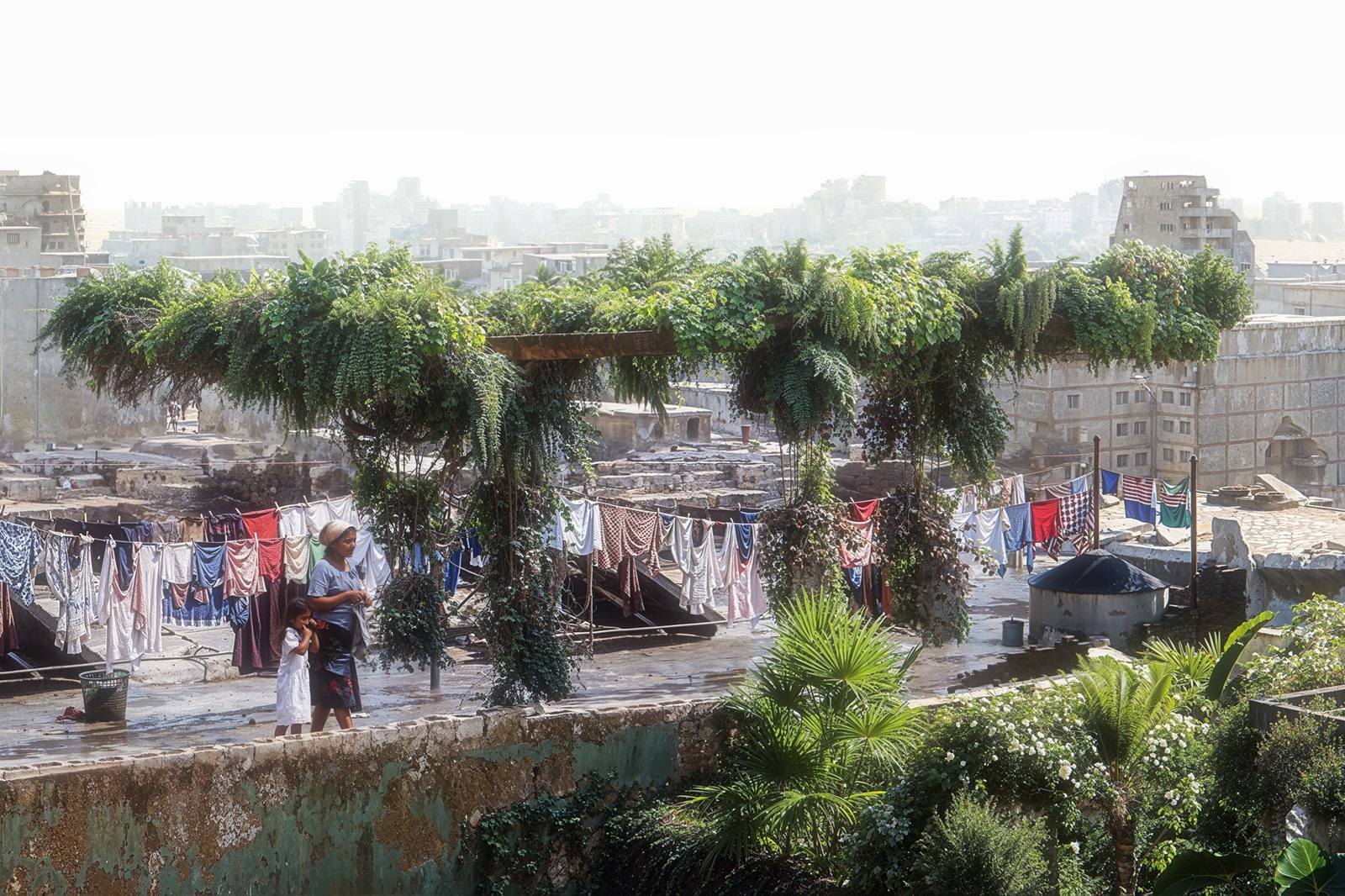
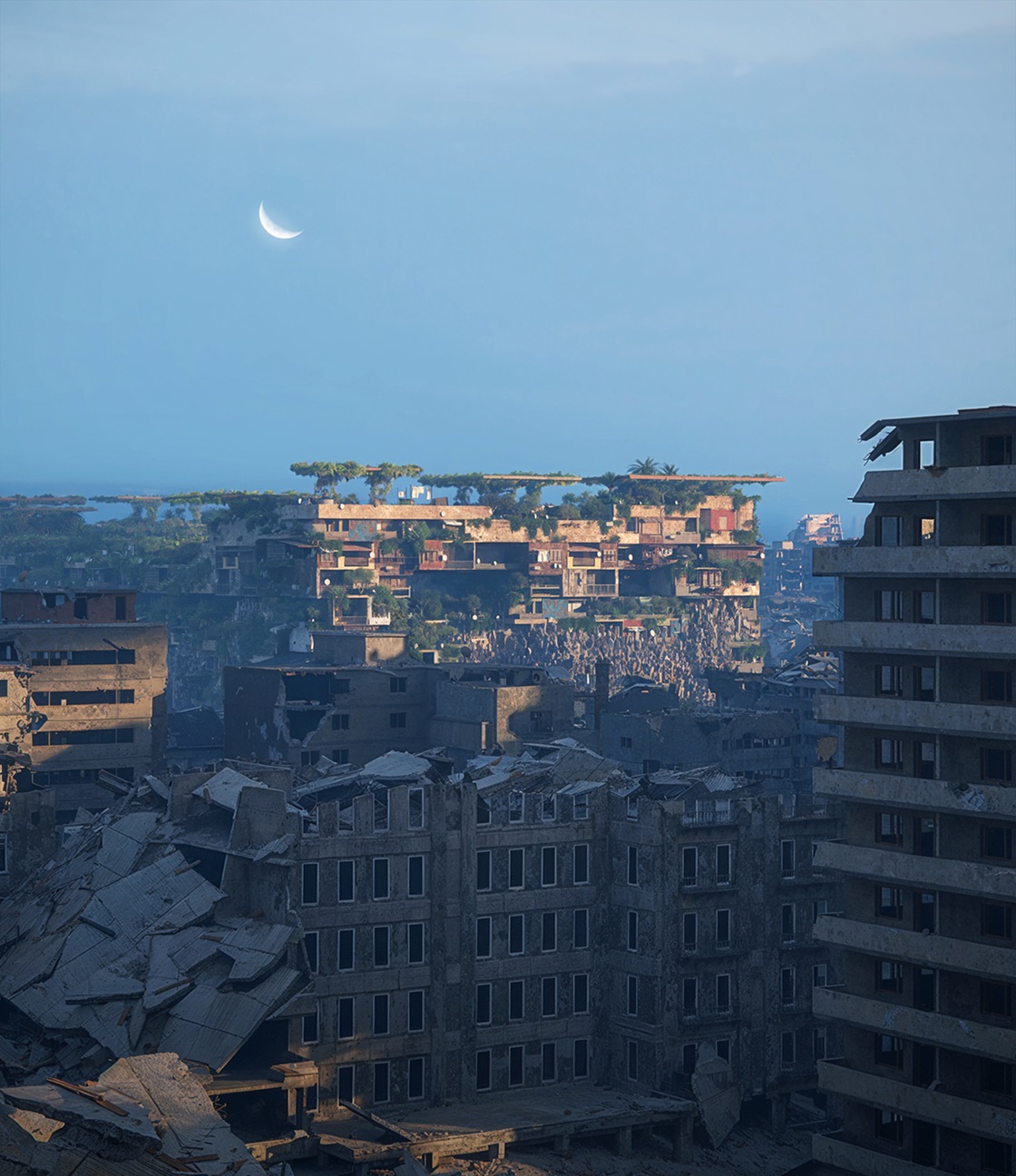
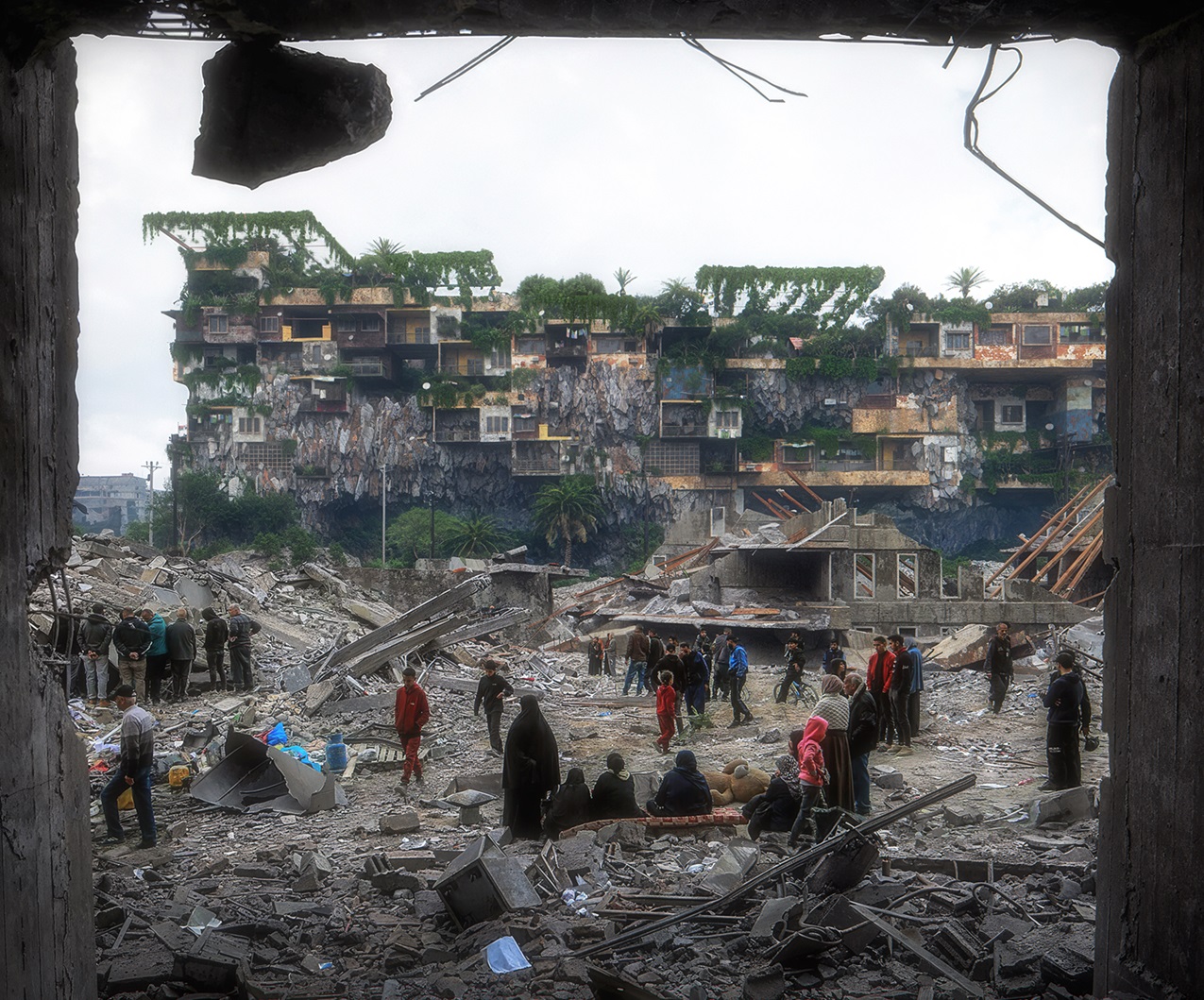
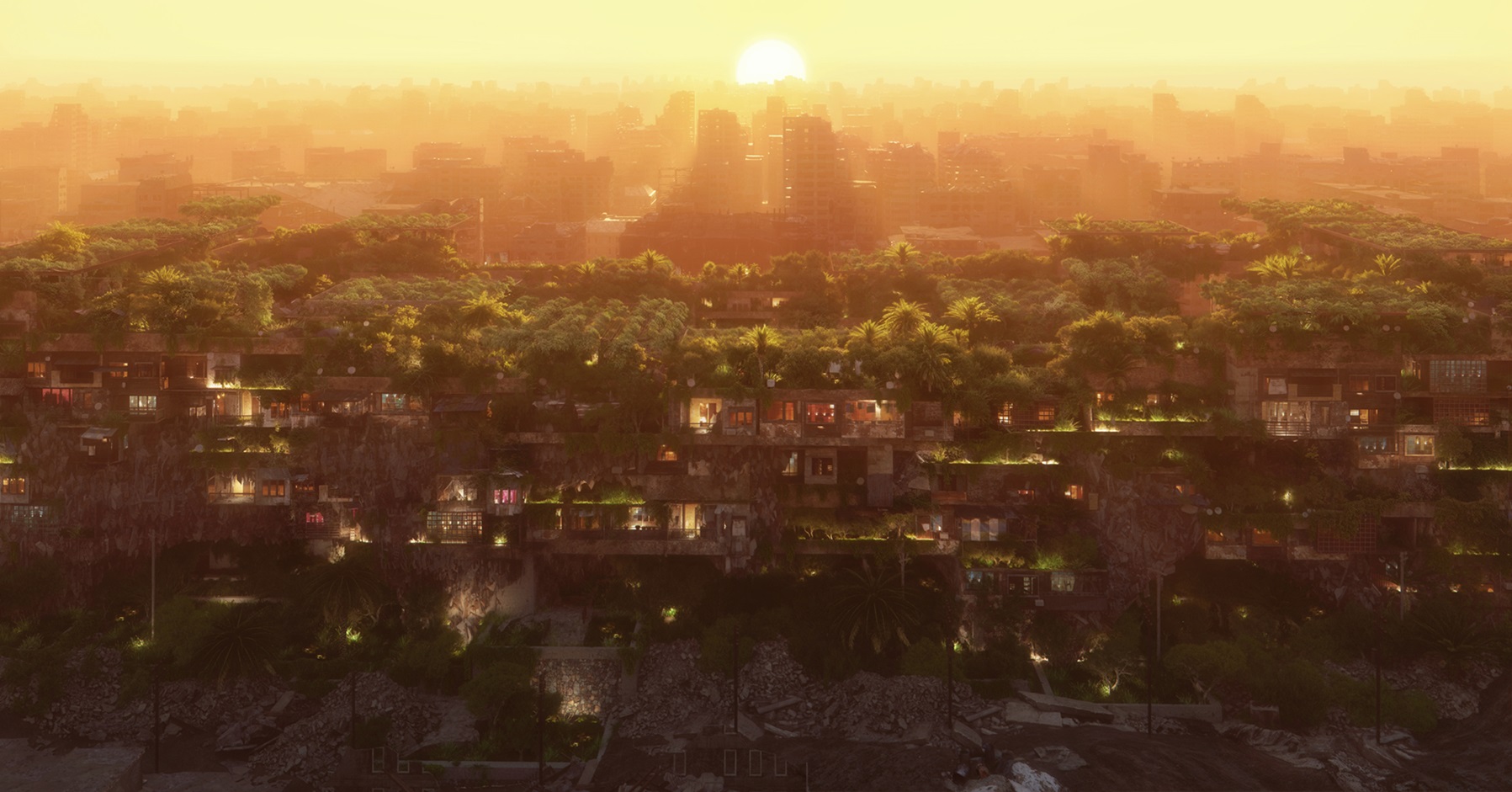
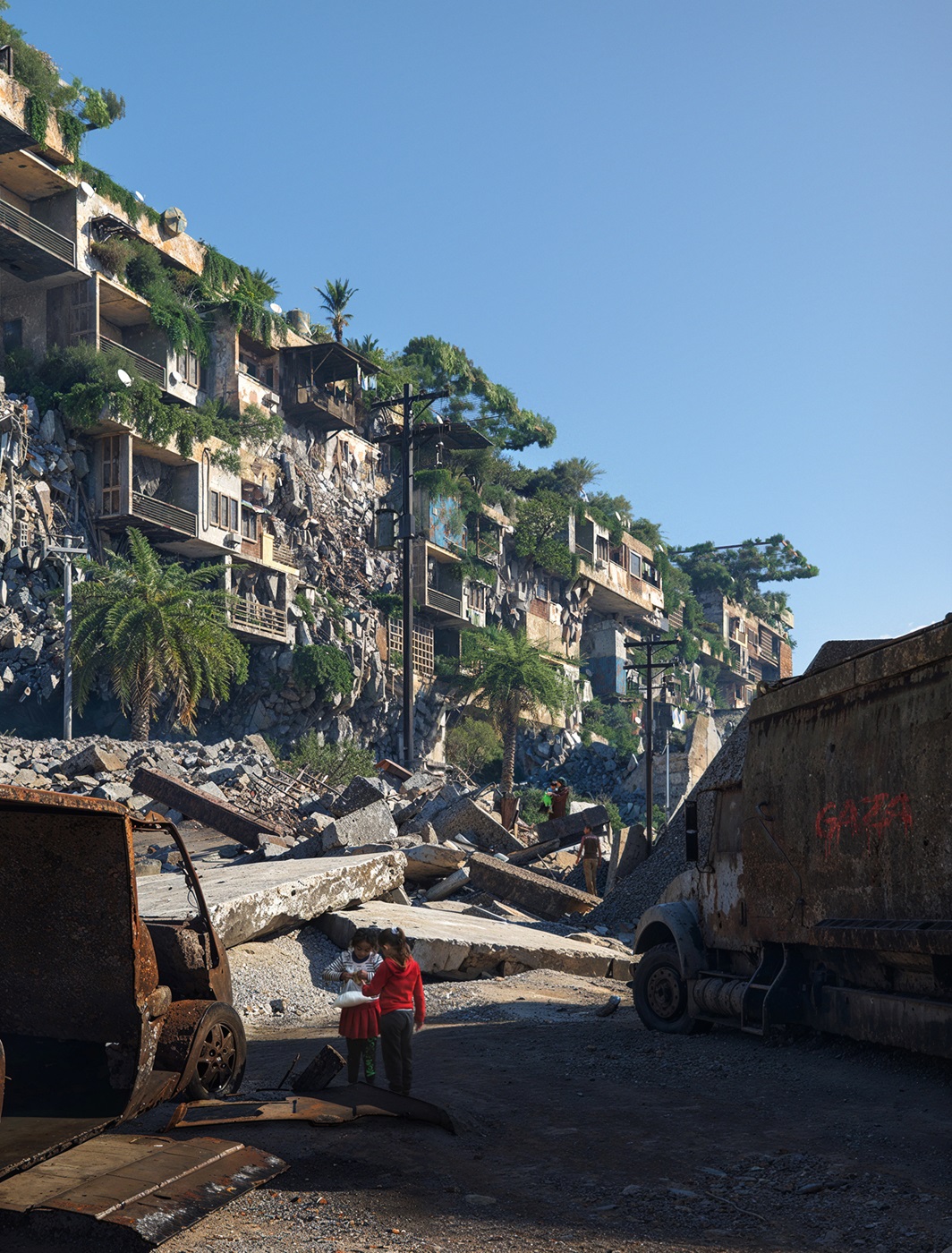
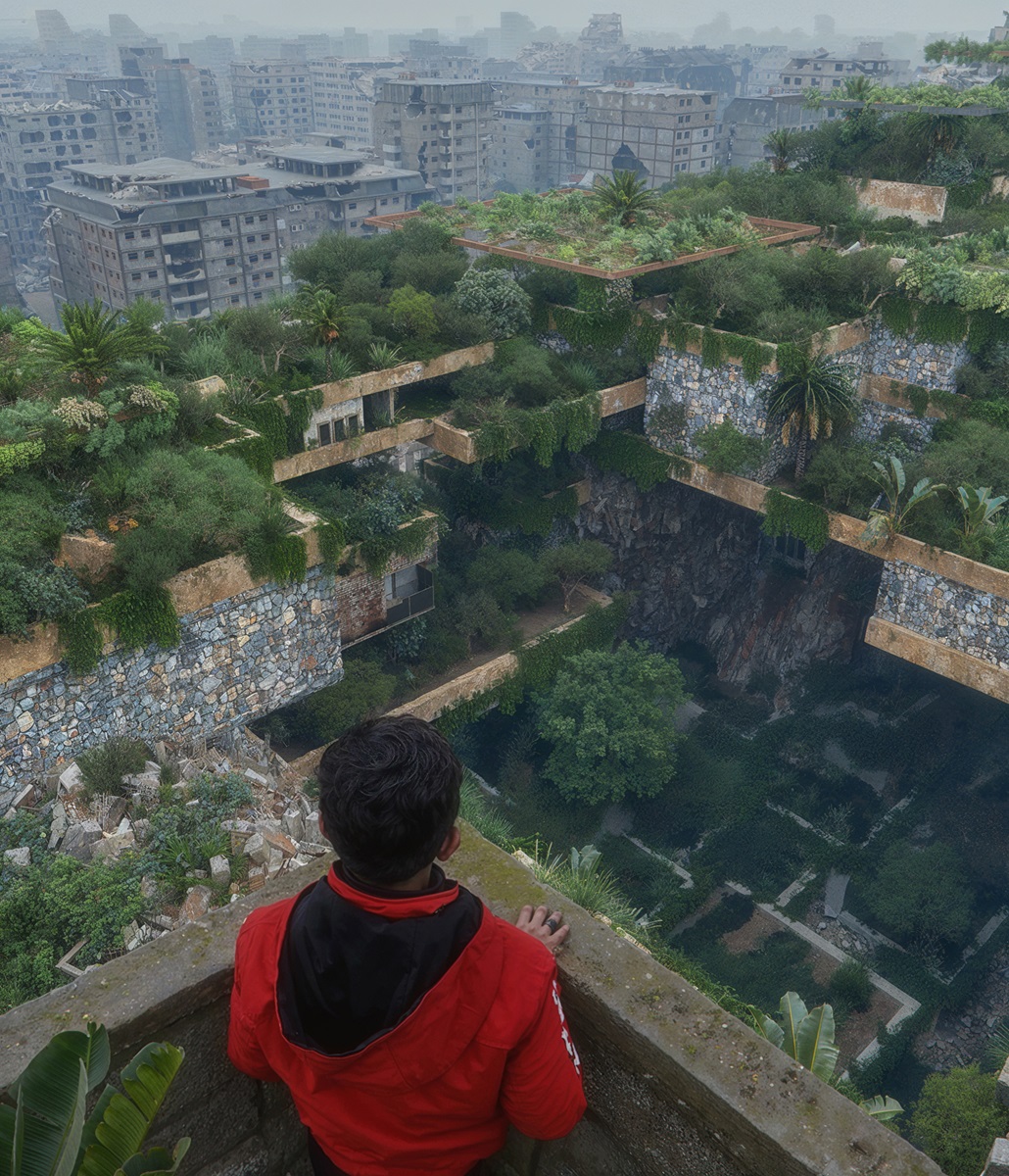



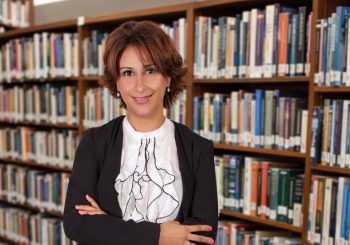


Comments (0)